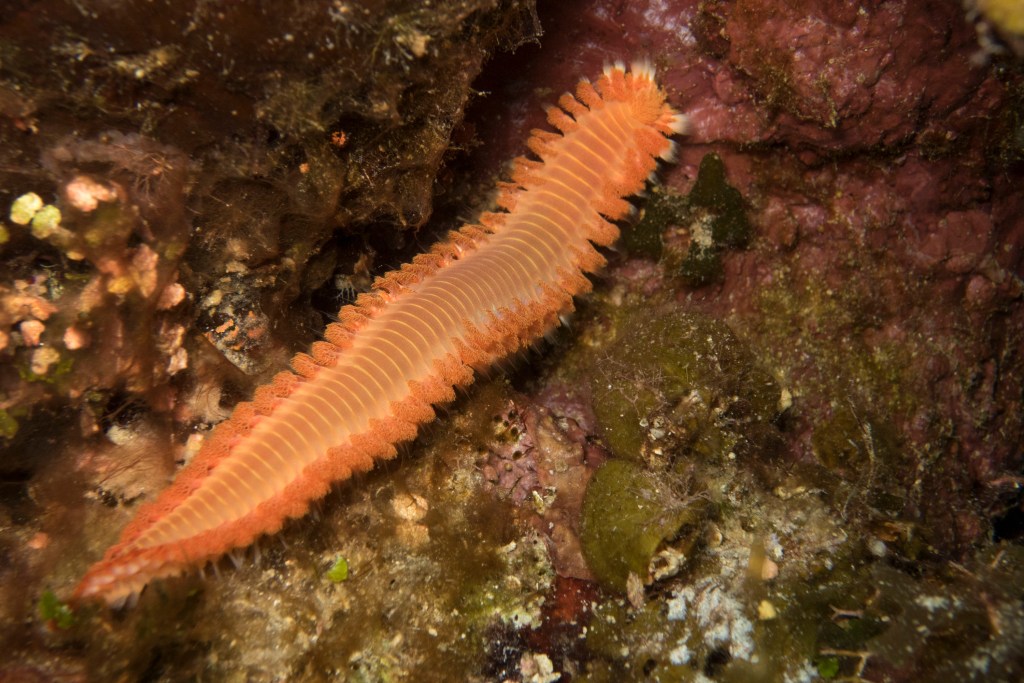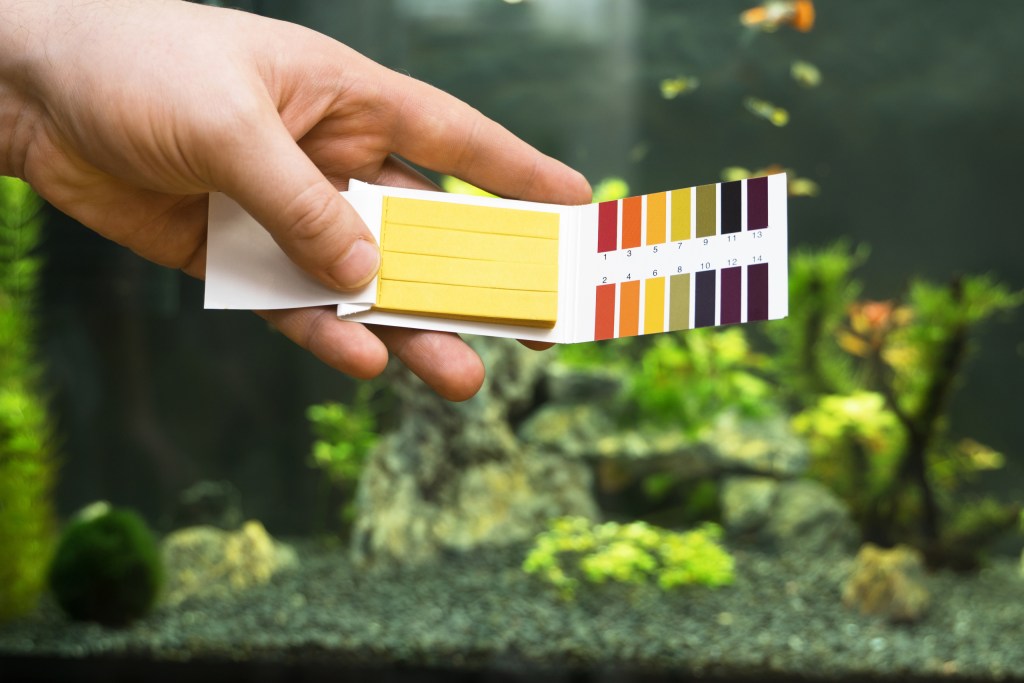When you became an amateur aquarist, you probably didn't anticipate dealing with worms as one of your many challenges. It has a big yuck factor, but, luckily, there's no need to panic. As a matter of fact, some aquarium worms won’t hurt you or your fish and can be left alone if they appear only in small numbers.
However, if you have a parasite, you need to treat your fish tank without harming your fish, which can be tricky. And with a few simple steps, you can get rid of these aquarium worms and hopefully prevent them from ever returning.

How do I know if I have worms?
Let’s start with the weird part: You’re almost guaranteed to have a few worms at some point, and some are not really harmful. Obviously, the yuck factor makes you want to eliminate them entirely, but that will probably be an impossible and misguided endeavor.
Worms can live in the tank or on the fish. Some you will spot easily, while others will be quite difficult to see, and a few are microscopic. Check your fish, gravel, and other accessories for obvious signs of an infestation, but don’t stop there. You should also look for symptoms in your fish, such as losing weight, a change in behavior, or extra gross poop.

How do I know which worms I have?
Unfortunately, aquarium worms come in all different types, and you can’t treat them all the same. Hookworms, tapeworms, fireworms, leeches, anchor worms, detritus worms, flatworms — there’s too many to even count. However, a few of the most common can be easily taken care of.
The first step is to try to determine which kind of pest you have. It’ll help to notice where they are in the habitat, which color they seem to be, how big they are, and any other notable characteristics. If you can gather a specimen, you should bring it to your local fish store or expert, who will help you identify it.

How do I get rid of worms in my aquarium?
A dirty tank causes a lot of the most common worm problems in the underwater home. Detritus worms specifically live on the leftover food that falls to the bottom of the aquarium. They like to nestle in the substrate and turn it into a breeding ground for unwanted creatures.
If you discover white worms on the floor of your tank, you'll want to get to cleaning.
Step 1: Make sure you're not overfeeding.
This could be the culprit as the leftovers float around in there and eventually rot, just as the food does in your fridge when it doesn't get eaten.
Step 2: Do a full tank clean.
This means scrubbing your filter, wiping down the glass, and vacuuming your substrate.
Step 3: Give your fish meds.
Some species, like tapeworms, will require medicine for your fish that he’ll ingest during feeding or that you dissolve into the water.
Step 4: Ask an expert about conditioners.
Rarely do chemicals need to be used to eliminate a problem, but only in extreme examples when you have confirmed with a professional that this is the right course of action.

How do I keep parasites out of my tank?
There are several steps you should take depending on which parasite you have in your aquarium.
Step 1: Keep your tank clean.
After you do a deep clean, switch to regular partial water changes and a proper filtration system.
Step 2: Move fish as needed.
Remember that no amount of filtering and cleaning will make up for an overcrowded tank, so make sure your fish have enough room to stretch their fins.
Step 3: Check for detritus daily.
You also need to remove any dead organisms promptly, especially plants or leaves.
Step 4: Test your water.
Checking your nutrient, pH, and nitrate levels can give you an early indication that something’s off in the tank and more problems are coming down the line.
Step 5: Only buy from a reputable source.
Lastly, ensure that all living things — flora and fauna — come from a reputable buyer to keep any issues to a minimum. A brief quarantine in a separate tank will help prevent a new fish from bringing parasites with them that might infect the whole population.
The question of how to treat worms in a fish tank might plague a number of aquarists, but you don’t have to wonder any longer. With careful maintenance, a good cleaning regimen, proper quarantining, and keen observation, you’ll be sure to catch and eliminate a worm problem early. Always confirm a major infestation with a pro since you don’t want to overtreat your fish or mini ecosystem and open the way to bigger problems in the future. Your fish will appreciate your diligence.
Editors' Recommendations
- What fish can live with bettas? These are your best bets for fish buddies
- How to tell if your snake is sleeping
- Check these 3 things immediately if you have fish swimming at the top of the tank
- Why is your aquarium water green? Follow these steps to get your water clear again
- Wondering what sharks are ideal for your home aquarium? These sharks fit right in




